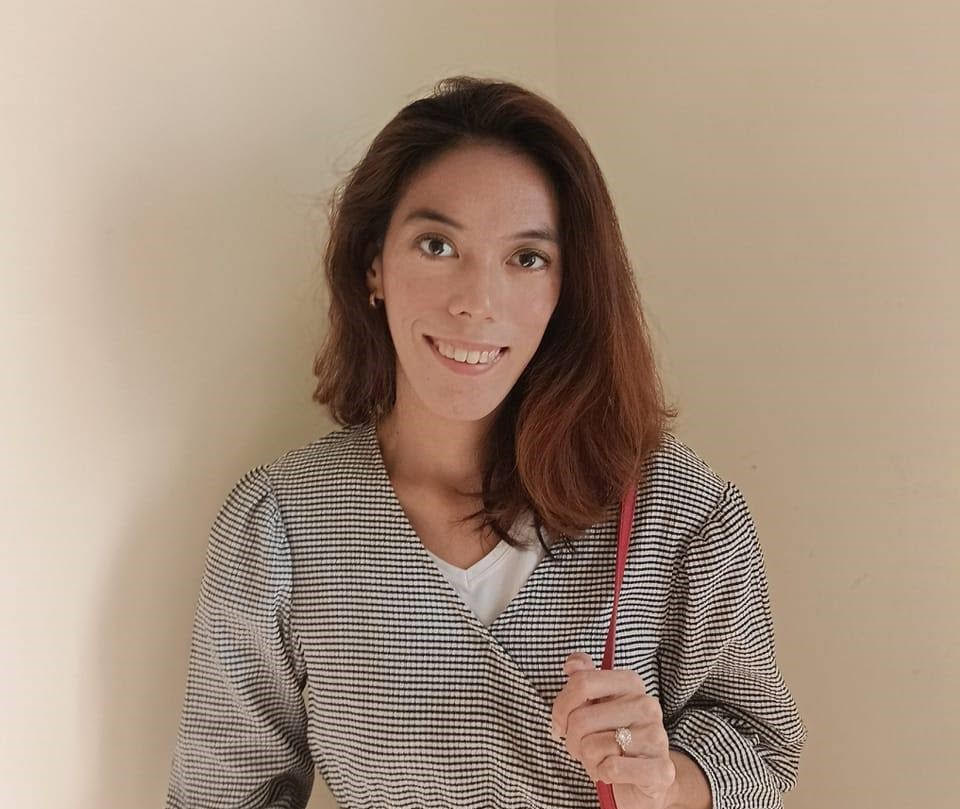Researchers in Auckland are trialling a new genetic therapy for facioscapulohumeral muscular dystrophy (FSHD).
The University of Auckland’s Centre for Brain Research is the first to test CRISPR-based epigenetic editing for the disorder. The trial began earlier this year and is examining the therapy’s potential benefits.
Genetic Therapy Targets Faulty DUX4 Gene
The treatment, known scientifically as EPI-321, targets the faulty DUX4 gene responsible for muscle degeneration.
Associate Professor Richard Roxburgh, a neurologist leading the study, said, “In healthy people, muscle cells do all they can to turn off DUX4 production; however, in people with facioscapulohumeral muscular dystrophy, genetic changes allow DUX4 production to escape this suppression.”
How EPI-321 Works in Practice
The new approach delivers permanent genetic instructions that “change the way genes behave.” The therapy uses a harmless virus — already carried asymptomatically by about 20% of New Zealanders — to transport these instructions. Harnessing the virus means “a single injection can get to hundreds of billions of muscle cells in the body,” Roxburgh explained.
“Safety studies have been done in animal models and these suggest EPI-321 is safe, but we don’t know how people will react until it’s actually tried in humans,” said Roxburgh. The treatment involves a much higher viral dose than naturally occurs, raising concerns about immune reactions.
Patients Step into the Unknown
Nine patients across New Zealand, Australia, and the United States are taking part. Among them is Sarita, the first New Zealander enrolled in the trial. Diagnosed two years ago, she said the therapy offered her “a chance” after being told there was no cure.
“It’s given me hope — I didn’t have any hope two years ago,” she said. Once active, Sarita now struggles with declining mobility. “It’s like you’re a ticking time bomb and you don’t know when the alarms are going to go off in your body.”
“When you’re told there’s no cure and someone offers you a chance, you take it. Even if it means a small improvement, like walking a bit better. And if it doesn’t work, it is what it is — but at least you gave it a go.”
Global Collaboration Led from New Zealand
The Auckland-led trial is part of two international FSHD studies. Miriam Rodrigues, involved in recruiting participants, called it “an exciting time.” She said New Zealand’s strong research capabilities and patient networks make it “an ideal location for clinical trials,” but stressed more opportunities are needed.
“Advances in genetic research and technology are showing real promise for diseases like facioscapulohumeral muscular dystrophy,” Rodrigues said, “but robust clinical trials are essential to assess how well these new therapies work.”












